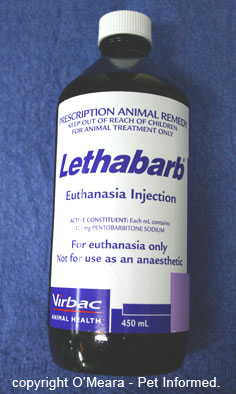
In order to administer subcutaneous fluid, you will need a bag of fluid, fluid tubing and a needle.
Starter fluid euthanasia skin#
These can result in infection at the site of injection or severe skin irritation resulting in possible necrosis (dead tissue). Fluids containing dextrose or sugar solutions should be avoided. Some fluids may contain additives such as potassium chloride. Lactated ringers, 0.9% saline, Ringer’s, Normosol-R, and Plasmalyte are most commonly used. Injectable fluids come in various forms, but only a few should be used for subcutaneous administration. If he needs repeated doses, you can learn to administer subcutaneous fluids at home. Then you can take your dog home while the fluids absorb slowly throughout the day. Your dog will probably receive subcutaneous fluids at a veterinary clinic. Subcutaneous fluids are offered reverted to as “Sub-Q fluids” and abbreviated “SQ fluids “or “SC fluids”. However, they are not appropriate for treatment of shock or severe dehydration. Most commonly, they are used in home treatment of mild to moderate kidney disease. The advantages of subcutaneous fluids are the ease of administration, convenience and low cost. In dogs with loose skin over their backs this area works well for fluid administration. Your dog can also receive fluids subcutaneously, in the area just under the skin and on top of the underlying muscle. And in emergency situations, fluids are sometimes administered into the abdominal cavity.

In a hospital setting, intravenous fluids (IV) through an intravenous catheter is the most common method. It is most important, therefore, that you replace the lost fluids and prevent dehydration.įluids can be given in a number of ways. In fact, a loss of just 10 percent of body fluid can cause your pet some trouble. During illness, your dog has a greater need for water and can become dehydrated rapidly. But when animals don’t feel well, they stop drinking. Humans are lucky we can usually drink fluids when we need them.

Understanding Subcutaneous Fluids for DogsĮverybody needs water, the most important of all nutrients.


 0 kommentar(er)
0 kommentar(er)
